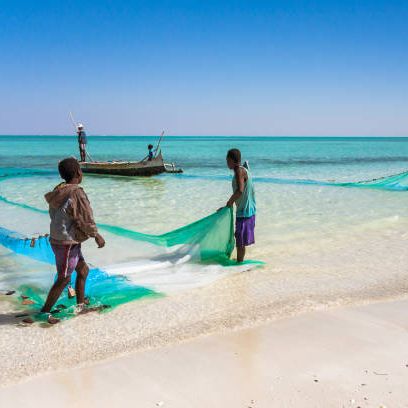The Organisation of African, Caribbean and Pacific States (OACPS), evolved from the ACP Group, founded via the Georgetown Agreement in 1975. It comprises 79 African, Caribbean and Pacific States. The main goals of the OACPS centre around the sustainable development of its Members and their gradual integration into the global economy with the ultimate objective of reducing and eventually eradicating poverty; coordination of OACPS activities in the framework of the implementation of the existing Partnership Agreement with the European Union; consolidation of unity and solidarity among Members of the OACPS; the promotion of multilateralism; the establishment and strengthening of peace, security and stability in free and democratic societies; and the empowerment of Youth and Women.








